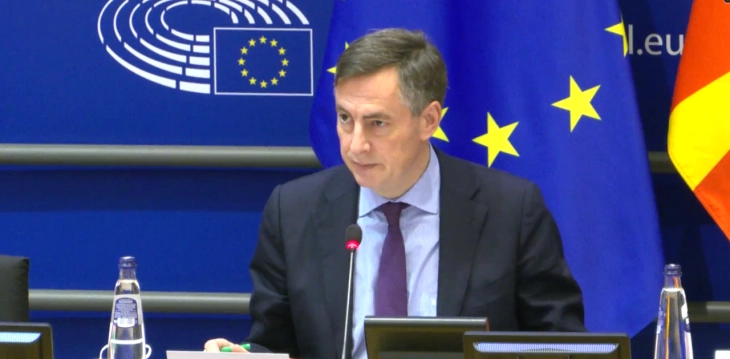David McAllister, who chairs the European Parliament’s Committee on Foreign Affairs (AFET), acknowledges that the European Union has encountered setbacks and unfulfilled commitments in its Western Balkans enlargement initiative. He points out that both the Western Balkan countries and the EU share responsibility for the delays in the accession process.
McAllister highlights insufficient progress in reforms by Western Balkan nations due to various reasons. Additionally, he criticizes unfulfilled promises by the EU, citing the example of North Macedonia, a candidate since 2005 that changed its name under pressure from Greece in 2019. Despite this, the promised accession negotiations have yet to commence.
Asserting that the EU cannot tolerate such ambiguities in its enlargement policy, McAllister likens the accession process to a regatta rather than a convoy. He emphasizes that each country advances toward EU membership at its own pace, with individual assessments and no compromises on accession criteria. McAllister suggests facilitating connections between the Western Balkans and Europe, such as gradual access to the internal market and EU funding programs.
McAllister admits that the EU is not currently prepared for all nine candidates with mid- and long-term membership perspectives. He anticipates that none of these countries will meet the required accession criteria in the near future. To address this, he calls for the EU to use the coming years to prepare for potential enlargement rounds. This preparation involves adapting the European house for the future, including reforming decision-making processes to enhance speed and flexibility as a community. McAllister also stresses the need for modernizing the EU budget to finance future enlargements effectively.






Comments are closed for this post.